Hope and transformation behind bars
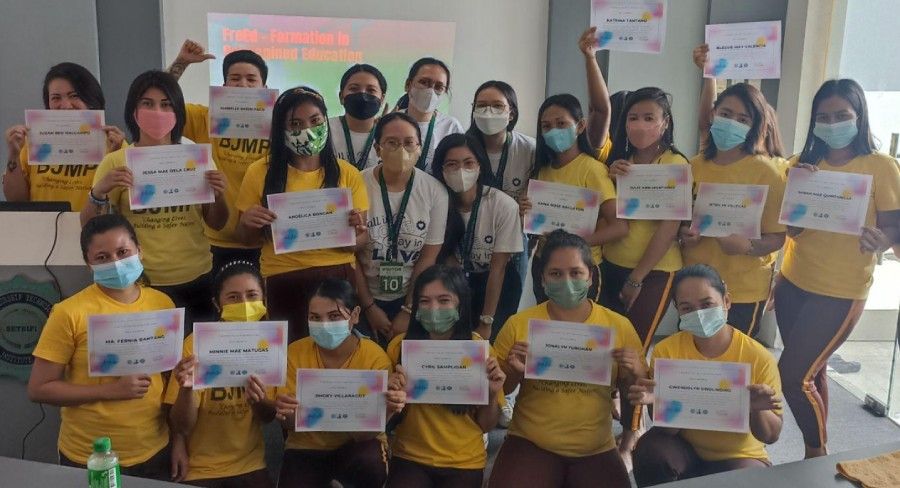
In a society where justice often means punishment, it is easy to forget that many of those incarcerated today will one day return to our communities. The challenge is not just to release them but to ensure they never return to prison.
This is where programs like the College Education Behind Bars (CEBB) initiative, spearheaded by the Social Entrepreneurship, Technology, and Business Institute (SETBI) in partnership with the Commission on Higher Education (CHED) and other key institutions, become vital.
The CEBB program has pioneered an unprecedented approach in the Philippines, recognizing that education is not a privilege but a fundamental right – even for Persons Deprived of Liberty (PDLs).
By constructing college campuses inside Davao City Jail and Davao Prison and Penal Farm (DAPECOL), SETBI, CHED and their partners have provided incarcerated individuals with access to quality tertiary education. This groundbreaking initiative acknowledges that education is not merely about acquiring knowledge but is a powerful tool for transformation, empowerment, and reintegration into society.
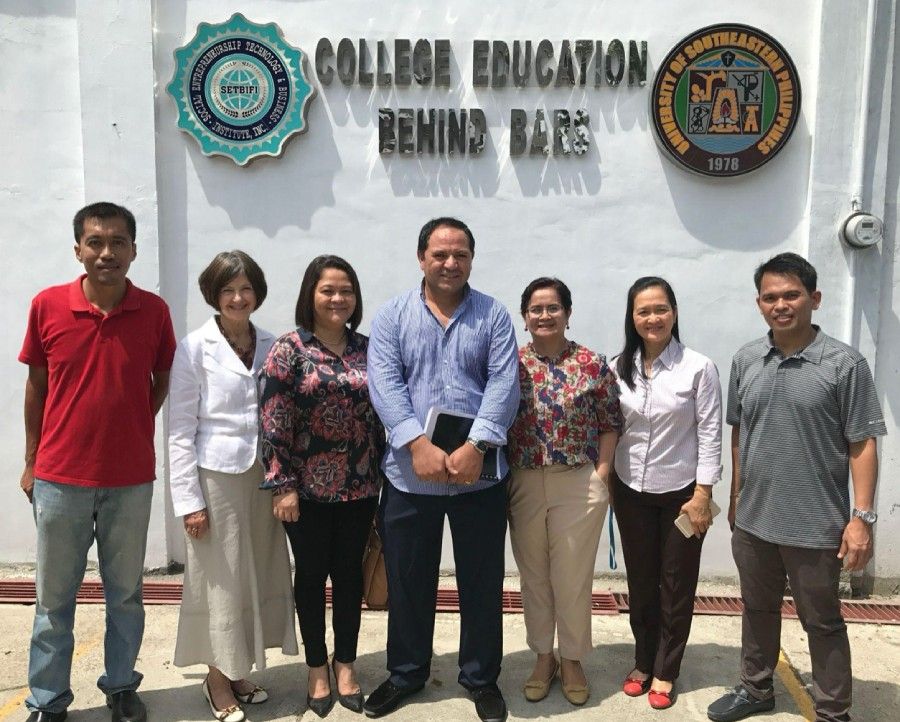
Breaking the cycle of recidivism
One of the harsh realities of the penal system is the high rate of recidivism – where former inmates find themselves back in prison due to a lack of opportunities for meaningful employment and reintegration.
Studies have shown that a major factor contributing to repeat offenses is unemployment. A prison record often serves as a significant barrier to finding work, leaving many PDLs with little choice but to revert to old habits and unlawful activities.
The CEBB program directly addresses this challenge by equipping PDLs with degrees from reputable institutions like the University of Southeastern Philippines (USeP) and Davao del Norte State College (DNSC).
These degrees provide them with the knowledge and skills necessary to rebuild their lives. More importantly, the program instills confidence and purpose, elements that are critical to successful reintegration.
By providing PDLs with the opportunity to earn college degrees while serving their sentences, the CEBB program addresses the root causes of recidivism. Education equips PDLs with the skills, knowledge, and confidence they need to navigate the challenges of re-entry. It gives them a sense of purpose, a focus, and the satisfaction of knowing that their hard work can lead to tangible, positive outcomes. As Dr. Aland Mizell, the visionary founder of SETBI, aptly put it, “investing in human resources, no matter who they are or where they come from, is the best investment to make.”
CEBB’s inspiring stories
Since its inception in 2016, the College Education Behind Bars program has yielded inspiring success stories. Graduates of the program have gone on to lead productive lives, proving that education can be a turning point even in the most challenging circumstances.
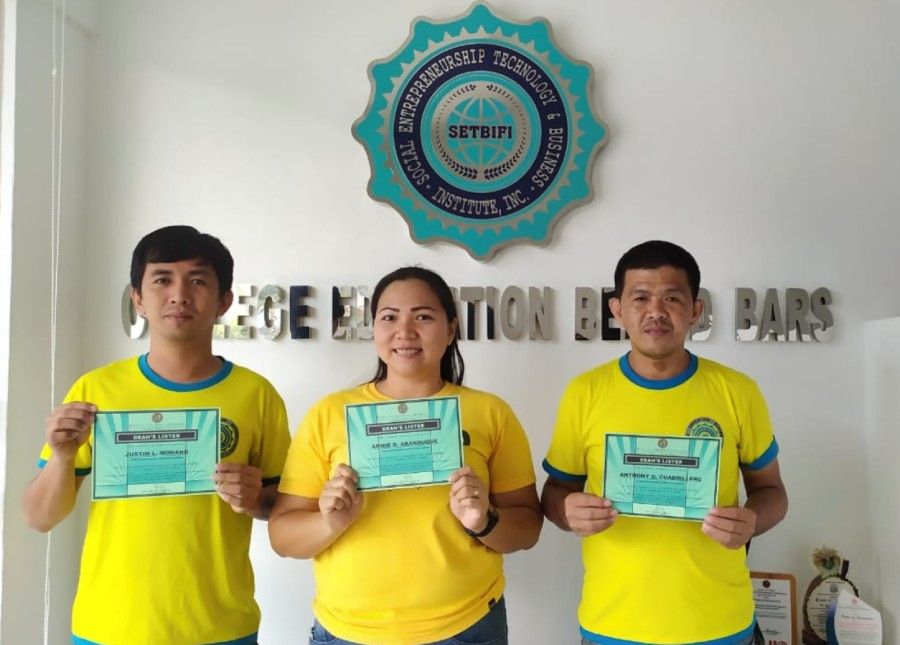
Justin Morano, once an inmate, is now a Philippine Regulations Commission instructor and a successful entrepreneur. Dave Barrios, another graduate, owns a thriving cacao farm and chocolate business. Armie Aranduque and Omar Saraka have found stable employment as call center agents, while Sweet Cale teaches Robotics at Thompson Christian School. Sheldon John Medalla and Reny Aguilar, both employed by the Cariaga Law Office, are now pursuing law degrees at the University of Southeastern Philippines (USeP).
These are just a few examples of individuals who, through the CEBB initiative, have managed to break free from the cycle of incarceration and reclaim their dignity. They are not just statistics; they are living proof that education can break the chains of incarceration and open doors to a brighter future.
The power of public-private partnerships
The success of the College Education Behind Bars program is a strong example of what can be achieved through collaboration between government agencies, non- government organizations, and the private sector. Key stakeholders, including CHED, the Bureau of Jail Management and Penology (BJMP), the Bureau of Corrections (BuCor), the Dangerous Drugs Board (DDB), and local government units, have played instrumental roles in ensuring the program's sustainability.
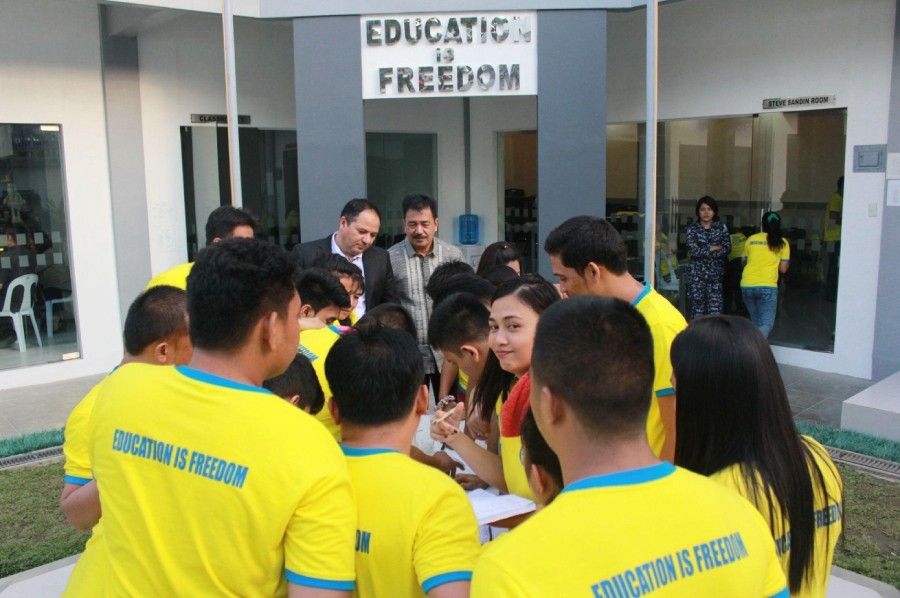
CHED, under the leadership of Chairman Dr. Prospero “Popoy” de Vera III, has reaffirmed its commitment to inclusive education, ensuring that no Filipino – incarcerated or otherwise – is left behind. Through Republic Act 10931, or the Free Universal Access to Quality Tertiary Education Act, the program continues to provide free higher education to PDLs, reinforcing the principle that education is a right, not a privilege.
As Chair Popoy emphasized during a commencement address, “our PDLs have violated the law and are deprived of their liberty, but not of their fundamental rights, including the right to receive education.”
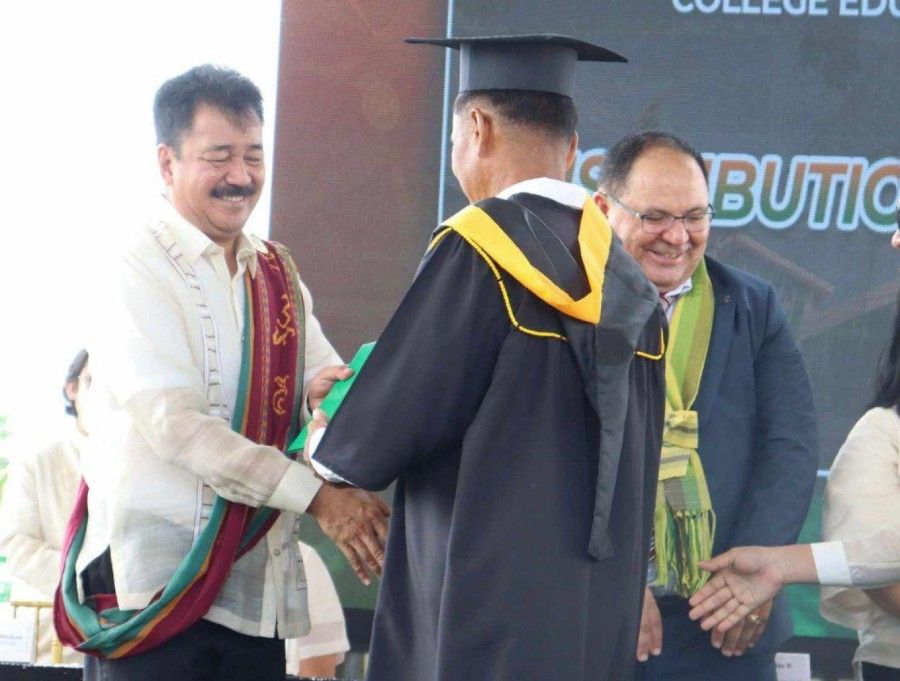
A model for the future
With over 88 graduates and more than 157 students currently enrolled, the CEBB program has already made significant strides. However, this should only be the beginning. CHED has called on other higher education institutions (HEIs) across the country to document and replicate the CEBB model, ensuring that more incarcerated individuals can benefit from similar initiatives.
Investing in education for PDLs is not just an act of charity – it is a strategic approach to national development. It contributes to crime reduction, prison decongestion, and ultimately, the betterment of society as a whole. By empowering individuals with education, we reduce the likelihood of reoffending, ease the burden on the penal system, and create safer communities.
The College Education Behind Bars program stands as a powerful testament to the belief that everyone deserves a second chance. Through education, incarcerated individuals can rewrite their stories, reclaim their dignity, and reintegrate into society as productive members.
Let this initiative serve as an inspiration for other regions and institutions to follow suit. After all, true justice is not just about punishment –it is about redemption, growth, and the unwavering belief in the human capacity for change.
-----
Follow my social media accounts JingCastaneda: Instagram, Facebook, YouTube, Tiktok and Twitter. Please share your stories or suggest topics at editorial@jingcastaneda.ph.
- Latest


























